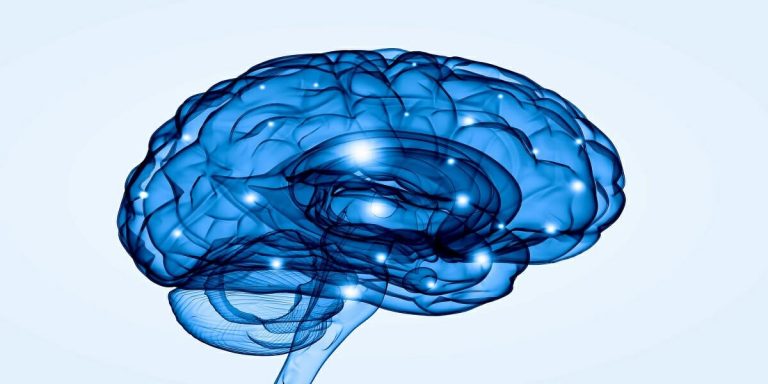Recovering from alcohol use disorder (AUD) is a complex process, and one of the most critical parts of recovery is allowing the brain to heal. Long-term alcohol abuse can lead to significant damage to the brain, affecting cognitive function, memory, mood, and decision-making. However, with time, proper care, and comprehensive alcohol use disorder treatment, the brain has the potential to repair itself and regain some of the functions it lost. Understanding how the brain heals after alcohol use disorder treatment is essential for anyone going through recovery or supporting someone in their journey.
The Impact of Alcohol on the Brain
Alcohol affects the brain in many ways, depending on how much and how long a person has been drinking. It primarily interferes with the brain’s communication pathways, altering the way neurons send, receive, and process information. Long-term alcohol use can shrink brain matter, impair memory, reduce cognitive abilities, and even lead to mental health disorders like depression and anxiety. These effects are why alcohol use disorder treatment is so essential for those suffering from alcohol addiction.
One of the most dangerous aspects of alcohol abuse is its ability to weaken the brain’s reward system. Alcohol hijacks this system by releasing dopamine, the “feel-good” chemical, which leads individuals to seek out alcohol repeatedly to maintain this pleasure. Over time, this rewiring of the brain’s reward system makes it harder for individuals to experience pleasure from normal activities, further driving alcohol dependence. During alcohol use disorder treatment, the goal is not just to help individuals quit drinking but also to begin the process of healing the brain.
Mental Health and Brain Healing
Another vital aspect of brain healing is addressing any co-occurring mental health disorders. Many individuals struggling with alcohol use disorder also suffer from conditions like depression, anxiety, or trauma. Treating these conditions is essential for long-term brain recovery, as unresolved mental health issues can hinder the brain’s ability to heal and increase the risk of relapse. Alcohol use disorder treatment often includes dual diagnosis care, which addresses both addiction and any underlying mental health concerns.
By managing both alcohol use disorder and mental health issues through therapy, medication, and lifestyle changes, individuals can give their brains the best possible chance of recovering. The brain’s capacity for healing increases when the whole person—mind and body—is cared for holistically.
The Power of Healing After Alcohol Use Disorder Treatment
The journey to recovery from alcohol use disorder is not easy, but the brain’s ability to heal offers hope. Through comprehensive alcohol use disorder treatment, the brain begins to rebuild itself, recovering from the damage caused by long-term alcohol use. While the process takes time, individuals can see significant improvements in cognitive function, emotional stability, and overall mental health with proper care and support.
Neuroplasticity, the brain’s natural ability to adapt and rewire, plays a critical role in this healing process. Along with professional treatment, healthy lifestyle choices such as proper nutrition, regular exercise, and addressing mental health issues can further enhance the brain’s recovery. For anyone on the path to sobriety, understanding how the brain heals offers motivation and reassurance that life beyond alcohol is not only possible but can also be fulfilling and full of potential.
